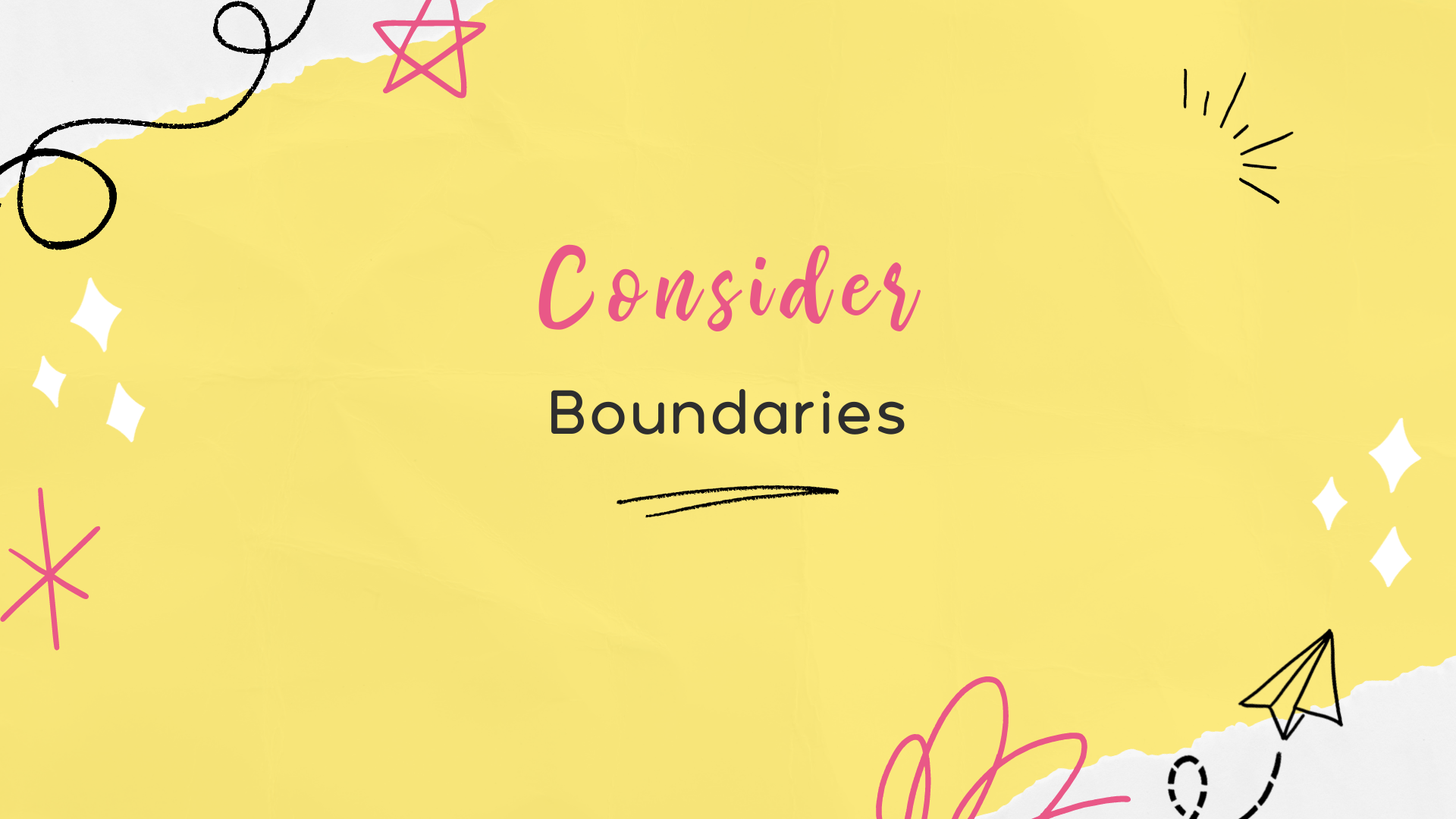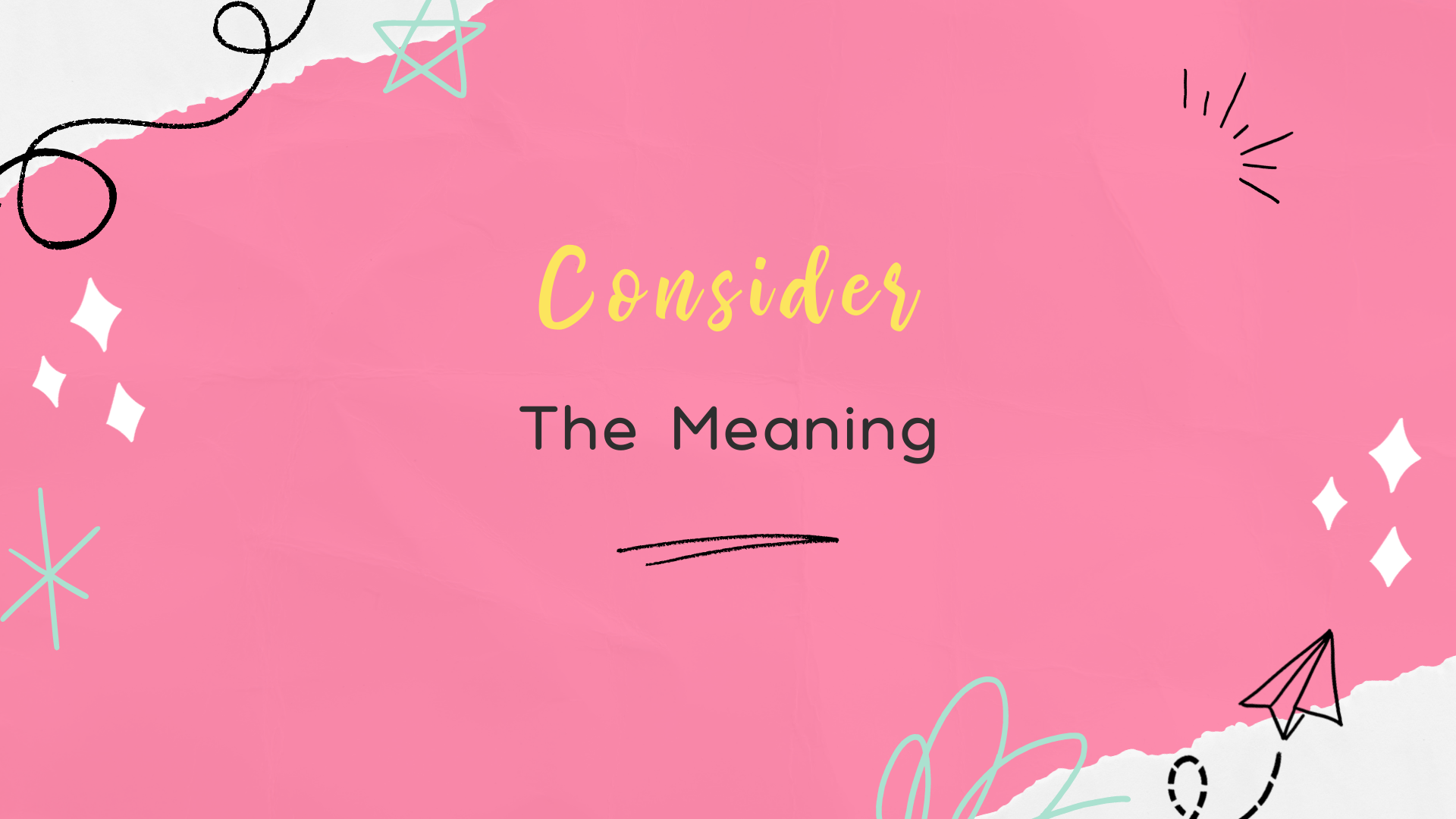I'm a Teen Therapist and I'm answering: "Should I cover my self-harm scars?"
One of the areas that I specialize in as a licensed mental health therapist is around treating self-harm. I work with a lot of teenagers who are struggling with thoughts or urges about harming themselves. Some have even actually taken action at some point.
As you can imagine, I get a lot of questions about self-harm care. One question that I get often is, "Should you cover your self-harm scars?"
There's really no right or wrong answer around this. It’s more about staying curious and mindful of these three areas when you are considering if you should cover or expose your self-harm scars based on a particular situation or set of circumstances.
If you prefer to watch the video, click this image here:
🔔Subscribe here for MORE videos that help teens struggling with mental health: mallorygrimste.com/youtube
CONSIDER: People’s Reactions
People are going to have Reactions.
They're not always going to be healthy reactions, and they're not always going to be helpful reactions.
Sometimes they are and they can be, but you can expect that people are going to have responses and reactions to potentially interacting with your self-harm scars.
We don't always know people's personal journeys.
We might incorrectly or falsely assume that somebody who doesn't have any visible markings of self-harm has never experienced self-harm, but maybe they have. You might not always know what somebody's emotional capacity or relationship is to the idea of self-harm.
There is still a lot of misunderstanding and stigma when it comes to mental health struggles in this world. And there's also a lot of glorifying of things when it comes to harmful behaviors, such as self-harm. I mean, harm is literally in the name. (It’s one of the reasons I'm not a huge fan of some of Mental Health TikTok that really glamorizes the idea of self-harm).
I think when it comes to self-harm scars, and your experience with self-harm, the conversation really needs to be focused on, not so much on building awareness (if you struggle with self-harm, you're quite aware of self-harm), but rather more focused on what helps or supports healing in that area.
LIKE THIS VIDEO POST? I’D LOVE FOR YOU TO FOLLOW ME ON PINTEREST AND PIN IT FOR LATER!
Making sure to prepare for other people's responses or reactions and your own readiness for their reactions or responses is going to be important when deciding whether or not to cover or show your self-harm scars.
Now, sometimes this decision is already made for you. Like I know a lot of school communities have regulations that say that you must keep it covered. I have mixed feelings on that, but I understand why.
Schools, their main priority and obligation are to educate you. While they tend to be first responders when it comes to mental health concerns and issues, especially related to teens and children, that's not really their main purpose or reason for existing. They're not always equipped to really handle the sort of level of response that we would think would be healthily appropriate in these situations.
Don’t forget to Stay Mindful of your own emotional capacity and how you are prepared to cope with other people's reactions and responses.
If you don't have one already, I highly recommend that you make a Coping Ahead Plan for when other people have a poor or inappropriate reaction to your self-harm scars. You wanna make sure that you are well prepared for that.
CONSIDER: Boundaries
As a therapist, we love talking about boundaries. We like talking about how to interact with them. And we love talking about what to do when people disrespect your boundaries.
Because the thing is, is that even though you might be able to identify and appropriately communicate your boundaries, that doesn't always mean that people are going to respect your boundaries. Which of course is incredibly infuriating and frustrating!!
Being prepared so you are able to identify and communicate what your boundaries are and what you are and are not comfortable with is an important first step. Though you also have to prepare for other people's boundaries.
Perhaps you thought that somebody would have had open boundaries for talking about your experience with self-harm, but they don't have the emotional capacity for that and they are asking not to talk about that. That's something to be mindful and respectful of because you just don't know what their experience could be as well.
Being mindful and respectful of your own boundaries and other people's boundaries in these situations is gonna be really important when you're considering if you should cover your self-harm scars or not.
THE “RULE OF TWO”
So the other thing to consider when it comes to boundaries is when someone continues to ignore or disrespect your boundaries. A lot of people forget that walking away is totally an option, even if it's rude, even if it's disrespectful.
At a certain point, continuing to communicate your boundaries over and over again, it's just not gonna be effective.
Disengaging or removing yourself from the situation or the conversation in a healthy way is gonna be really important. I like to tell the teens that I work with to use the “Rule of Two” in this situation….
WANT TO REMEMBER THESE TIPS? DON’T FORGET TO PIN IT!
When you are trying to have a reasonable conversation and you're kindly telling somebody, "Hey I'm not comfortable with that" and they have an unreasonable, disrespectful, or an uncomfortable emotional response, they're probably not in a good state of mind to reasonably, logically continue that conversation with you.
If you continue, you're just gonna kinda keep going in circles. If after two attempts at reasserting your boundary, they continue, they're clearly not understanding or choosing to disrespect your boundary. It's okay at that point to say, "You know, I think we'll have to revisit this conversation at another time" and get outta there.
If you can't physically remove yourself from the conversation, change the topic of the conversation. You can be totally weird and awkward about it. That's okay. Just change the conversation in some way.
CONSIDER: The Meaning
So a lot of the teens that I work with who have struggled with self-harm often share that their scars hold a lot of meaning to them.
They tend to meaningfully represent their journey or their healing experience.
Some of these meanings can be positive, healthy associations like noting the progress for, "Man, look at how far I've come in my healing journey."
Other people might feel really deep pain or regret because they weren't necessarily considering the markings that were gonna be left behind or how they might feel in the future from those scars.
**There are a variety of different emotional experiences. These are just two examples and don’t necessarily represent everyone’s experience.
If you are considering covering or showing your self-harm scare, then you want to be really considerate about the meaning that you are associating with your scars.
What it would mean to share that with somebody else? Who would that person have to be?
If you are struggling with mixed emotions or associations or thoughts around your self-harm scars or you're still concerned about what you should do in terms of covering your self-harm scars or not, I highly recommend that you discuss it with a mental health therapist
I tend to really, really recommend group therapy for these situations because not only are you getting the therapist's perspective, but it can also be really validating and inspire some creative problem-solving when it comes to this struggle.
Especially when you are talking about it with people who are going through similar experiences or people that you know are supportive of your health and your healing journey together.
IF YOU ARE CONCERNED THAT YOU, OR SOMEONE YOU KNOW, MAY BE CONSIDERING KILLING THEMSELVES, PLEASE CONNECT THEM WITH HELP.
SUICIDE PREVENTION LIFELINE
1-800-273-8255
✨ Call 24/7 ✨






